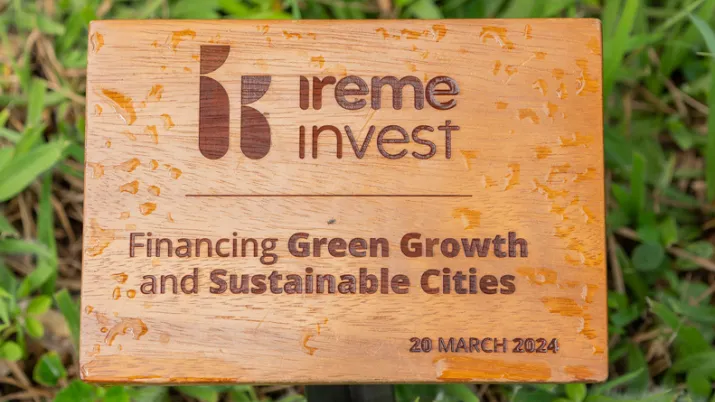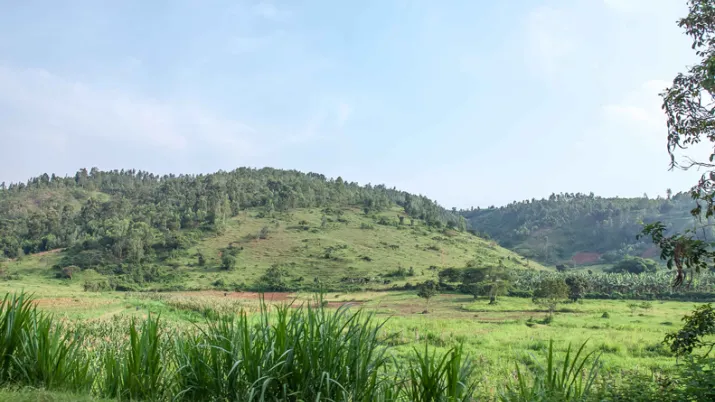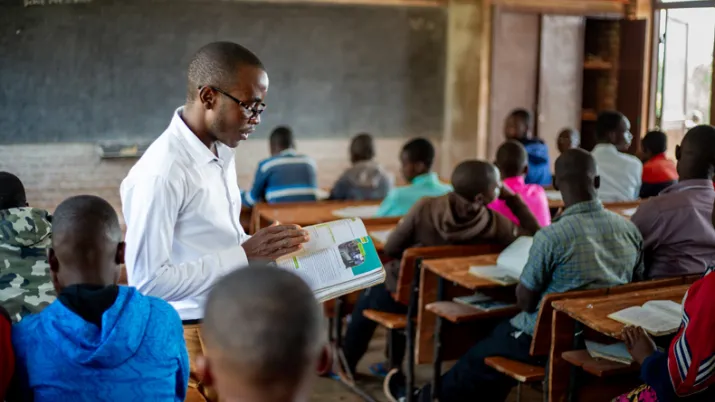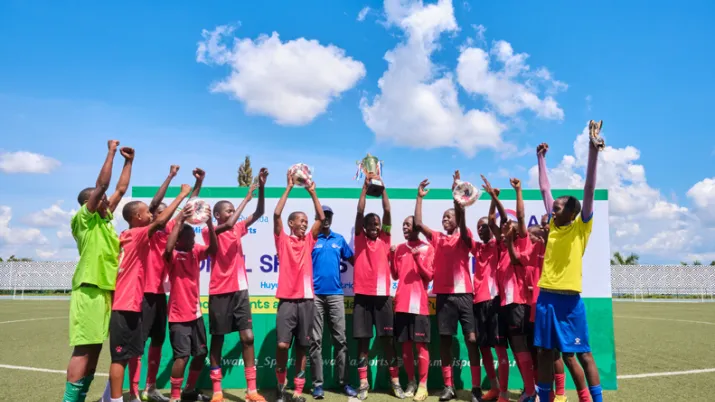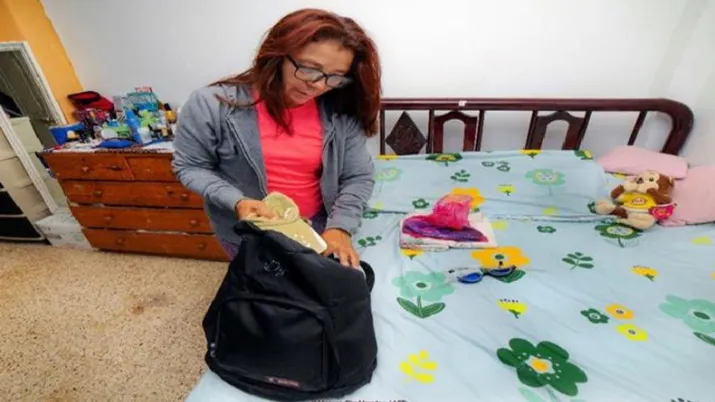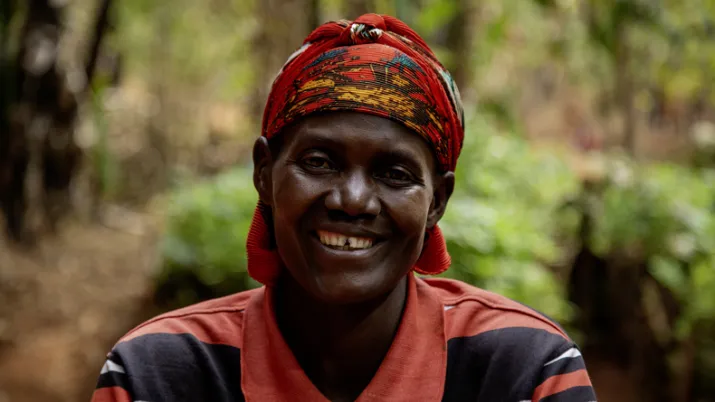Share the page
Strengthening Youth Skills and Opportunities through Vocational Training – AFTER II
Project
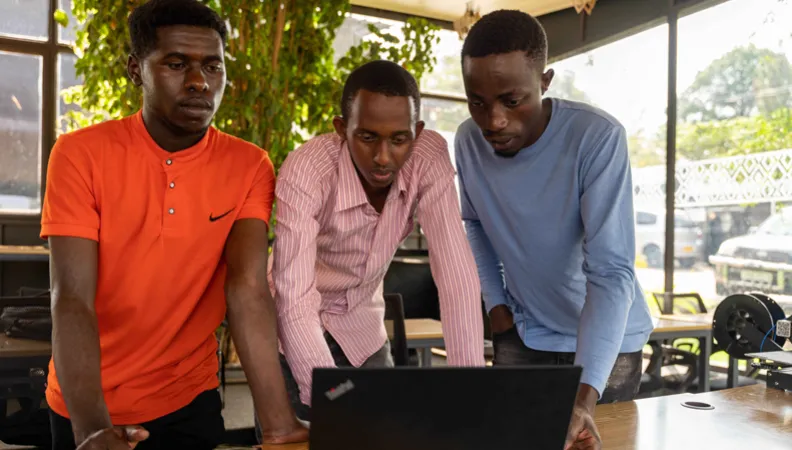

-
Project start date
-
Status
Ongoing
-
Project end date
-
-
Project duration
-
5 years
-
AFD financing amount
-
€ 35,000,000
-
Global financing amount
-
€ 41,304,587
-
Country and region
-
Location
-
Nyamagabe and Karongi districts
-
Beneficiaries
-
Government of Rwanda
-
Type of beneficiary
-
State
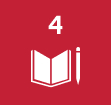
Building on the success of the pilot project AFTER I, AFTER II aims to improve the quality of technical and vocational education in Rwanda to make it more attractive to young people. Its objective is to facilitate the integration of young graduates into the labor market.
Context
Rwanda has set an ambitious goal of creating 1.5 million jobs between 2017 and 2024 and sees technical and vocational education and training (TVET) as a key driver to achieve this. The country aims to increase the share of secondary school students enrolled in TVET programmes from 35% in 2022/2023 to 60% by 2024.
To support this objective, the pilot project AFTER I was launched in 2020. It focused on upgrading the RP Tumba college and four TSS in Rulindo District through curriculum revision and capacity building, new infrastructure and equipment and increased links with the private sector.
Read also: the pilot project AFTER I
Description
AFTER II builds on lessons learned from AFTER I and aims to improve the quality and accessibility of technical and vocational education in Rwanda, with a focus on four sites: RP Karongi college and Muhororo TSS in Karongi district and RP Kitabi college and TSS Cyanika in Nyamagabe district. It is implemented by Rwanda Polytechnic and Rwanda TVET Board, with the Technical Assistance of Expertise France.
The project is organized around six project components:
-
The infrastructure in the four sites are improved to offer quality services
-
The training offer in the four TVET centers is strengthened and more attractive
-
The private public partnerships and trainees’ entrepreneurial capacity are strengthened for better job integration
-
The institutional capacities of RP and RTB are strengthened
-
The TVET programs are more gender responsive and inclusive and specifically address dropouts of the general education
-
TVET programs provide youth with green skills and competencies for sustainable economic growth
The project will serve a wide range of beneficiaries, from college and TSS students to staff and trainers in the TVET centers, private sector partners and management of TVET institutions.
Impacts
The project is expected to generate tangible, measurable outcomes:
-
Training capacity will double across the four sites, reaching 2,570 students annually.
-
70% of graduates are employed, self-employed, or continue their studies in their training sector
-
4 campuses benefit from improved learning and living infrastructures, and up-to-date equipment.
-
At least 8 trades are upgraded in the TVET centers through curricula revision or creation, capacity building of the trainers or digitalization of contents.
-
The capacities of the 4 TVET centers staff in career guidance and entrepreneurship support are enhanced.
-
At least 40 people benefit from trainings on Gender Equality and Social Inclusion concepts.
-
A national TVET strategy and governance framework will be developed and institutionalized.
-
Entrepreneurship and green skills development will be mainstreamed into school offers.
Sustainable Development Goals
Quality Education
Goal 4 calls for universal access to free, equitable, quality education at all stages of life, with particular emphasis on eliminating disparities related to gender and income. It also stresses the acquisition of basic and higher-level skills for living in a sustainable society. Targets include building and upgrading educational infrastructure, expanding scholarships for students from developing countries, and increasing the number of qualified teachers.




